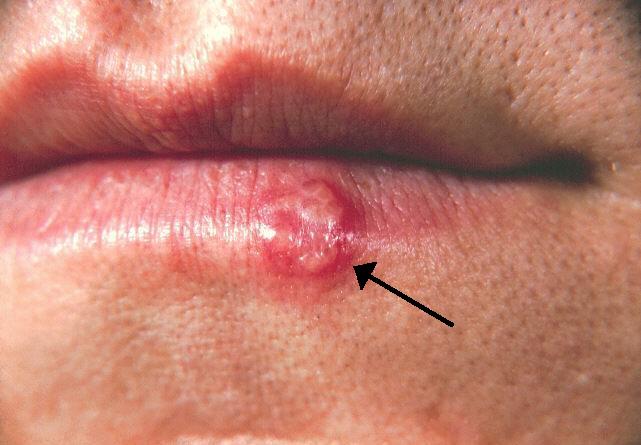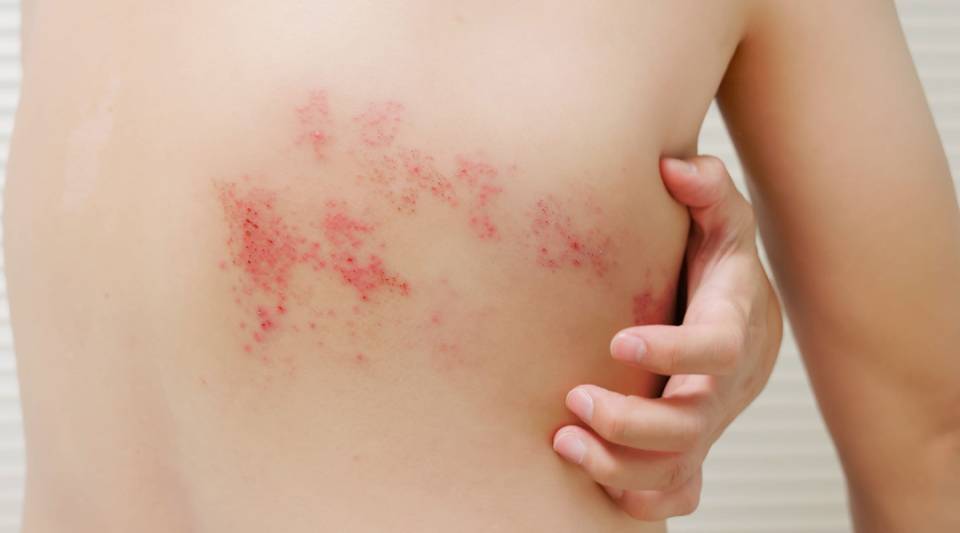
One of the most frequent fallacies about the herpes simplex virus (HSV) and how it spreads is that you can get herpes from sharing a drink with another person. Before we can put this myth to rest, we must first investigate how herpes is transmitted and whether it can survive outside the body. Recall that sexually transmitted illnesses are just that: sexually transmitted.
Like with other STDs and STIs, you are unlikely to get the herpes virus through anything other than skin-to-skin contact with another person, even sharing drinks.
Is Herpes Contagious?
The herpes virus is very contagious, whether it is genital herpes (HSV-2) or oral herpes (HSV-1) (HSV-1). Herpes infection typically occurs when a person comes into touch with3:
A herpes blister
Saliva from a person infected with oral herpes
genital secretions from a person infected with genital herpes
A person with oral herpes has skin in the oral area.
A person with genital herpes’ skin in the genital area
Even without a visible sore or symptoms, genital herpes is easily transmitted during unprotected sex with an infected partner. Direct skin-to-skin contact or exposure to bodily fluids, in essence, puts you at high risk of developing herpes.
How Does Herpes Virus Spread?
Kissing or sexual activity, including oral sex, vaginal intercourse, and anal sex, is the most common way herpes is transmitted. The virus is most likely to be spread in these scenarios (as opposed to sharing a drink, straw, or cup), which is why safe sex practices and herpes testing are so crucial.
Can you get herpes from sharing a Coke with a friend, though? It’s exceedingly unlikely, but if you have a herpes outbreak, proceed with caution. When lesions are exposed or moist, oral herpes is especially contagious. If you have HSV symptoms including these types of sores, also known as fever blisters or cold sores, it is critical that you avoid spreading them to others. This could include delaying shared drinks or kissing for a time.
Can you get herpes from saliva even if you don’t have sores? Yes, the herpes virus can be spread through saliva from an infected individual. Young children and babies are primarily exposed to non-sexual contact with saliva from receiving a kiss on the cheek. Indeed, many adults who have oral herpes now got it as children from infected adults. Infants are especially sensitive to herpes, so resist kissing any (including your own), especially if you are experiencing an oral eruption. Although uncommon, adults with oral herpes can transfer the virus to partners during oral sex, resulting in HSV-1 genital herpes, hence extreme caution is advised.

How long does herpes remain active outside of the body?
As effortlessly as the herpes virus thrives inside the human body, it can only survive for a few hours outside the body (i.e. on a straw, cup, or plastic bottle).
4 Kissing, sexual activity, and direct contact with an infected region of skin or open cold sore are the only ways HSV-1 or HSV-2 can be passed from person to person. While it is theoretically feasible that HSV might remain active in remaining saliva on the rim of a glass or straw, the likelihood of transmission remains extremely low. Thus, if you shared a drink with a buddy or partner by accident, you should be fine!
Herpes Virus Testing
How do you test for an infection if you feel you’ve been exposed to herpes? There are several testing options5, and which one you choose will depend on whether or not you are having symptoms. If you suspect that you have sores, you should see your doctor for a medical check. They can examine the sores and perform a swab test on a blister that has not yet begun to heal.
A blood test can establish if you have a herpes infection if you do not have symptoms but have been exposed. If you elect to have a blood test, you must wait for the virus to be present in your circulation, which could take up to 16 weeks. Taking the test too soon may result in a false result, increasing the danger of the virus spreading to others.
The Decision
Sharing drinks is almost hard and exceedingly improbable to transmit the herpes virus. Due of the virus’s origin and frailty, sharing a straw, bottle, or glass should not endanger anyone’s sexual health. Contrary to popular belief, you cannot contract herpes through a toilet seat, fork, doorknob, drinking fountain, hug, automobile, or handshake.
Having said that, it’s still not a good idea to share drinks with strangers because other bacteria grow on these surfaces. While you may not get herpes from sharing a drink, it is a great way to get strep throat, influenza, or a cold. Overall, you might want to stick to your own drinks as a solid rule of thumb.
Herpes is one of the few STDs that is not curable, while being managed with several prescription and over-the-counter treatments. While you are unlikely to catch it via a stray straw or water bottle, you should be cautious about who you kiss or engage in sexual actions with. It’s always a good idea to get tested for STDs on a regular basis and, if necessary, get medical advice on how to best treat the problem.
